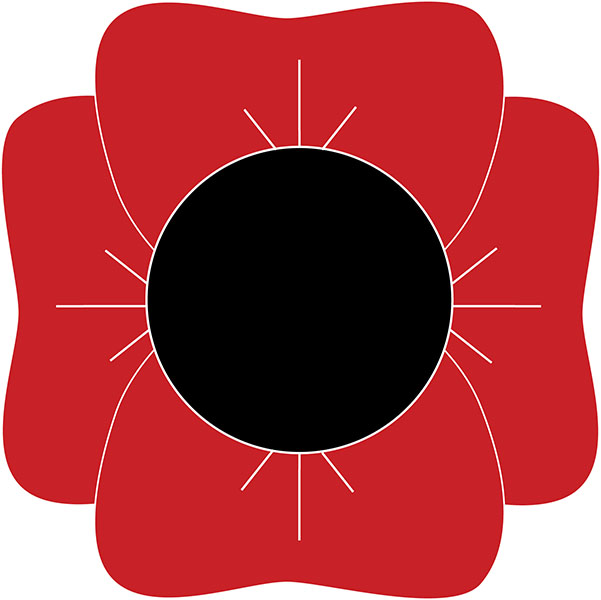Every year Canada brings focus to veterans on Remembrance Day. We’ve made a national holiday from the memorial of those who sacrificed and died defending the rights and freedoms of all Canadians.
For many veterans, though, Remembrance Day is every day. As Kirk Bailey, a 25-year Canadian Armed Forces veteran, said, “I don’t need to watch any of it, I lived it and I live it every day whether I want to or not.” Bailey was deployed seven times on peacekeeping, humanitarian, and combat missions in the Balkans, Middle East, and Afghanistan.
“I watch the government ignore veterans until they need us, or need the publicity of attending a memorial ceremony; we are an afterthought politically, economically, and socially,” Bailey continued passionately.
These words hit me hard because we share similar opinions about the experiences we’ve had overseas. Countless veterans return to Canada after deployment and are essentially fired, dismissed from service because they are injured. The Canadian Armed Forces has the unofficial motto, “If you’re not deployable, you’re not employable.” Little time and few resources are spent helping the injured recover. They are left without support and forced to find their way in a civilian world that often contradicts everything they have learned in the military.
Veterans take issue with the feigned support offered publicly by the Canadian government; most often these demonstrations come during election campaigns or around Remembrance Day. The current Liberal party is an excellent example of duplicity. The 2015 election campaign was full of rhetoric surrounding veteran support and offering billions in benefits but, in the years following, they quietly left $372 million unspent.
The short period between Halloween and Remembrance Day is packed with war movies, war documentaries, and war memorial advertising from mainstream media outlets and Canadian government agencies. The primary focus has always been the highlights from the First and Second World Wars. The conversation is largely devoid of anything about the 1950s era Korean War, the Cold War era peacekeeping conflicts, and the most recent wars in Iraq and Afghanistan. How do we recognize the veterans of these significant eras?
As a society we don’t. Or, more correctly, we rarely do. The veteran community in Canada is frequently in conflict with the Canadian government, and frequently in court looking for the level of support and services that have been promised by politicians for decades. Justin Trudeau confirmed the government’s view on Canadian veterans with a slight against the veteran community in March 2018: “Why are we still fighting certain veterans’ groups in court? Because they’re asking for more than we are able to give right now.”
In the 25 years I’ve experienced as a veteran, I’ve faced the “more than we’re able to give right now” attitude many times. I have overcome the complete denial of my service-related injuries by Veterans Affairs almost every year as I reapply for recognition of my injuries. This denial is rooted in the Canadian government’s policy of burying and eliminating evidence of workplace injuries.
I waited for almost 22 years to have my file re-opened in 2016 and I am still applying to have my hearing loss, tinnitus, and blast-related traumatic brain injury recognized and covered.
The government and Veterans Affairs overuse the statement “Thank you for your service” to a point that it has lost its meaning and sincerity. In the midst of application denials, pleas for help, and many legal battles, “Thank you for your service” has become a phrase that mocks and humiliates. The smirking officials do little to build confidence as they erode the last vestiges of a veteran’s belief that assistance is available.
So please, don’t thank me for my service. Instead, treat me the way you’d like to be treated. In the bigger picture, assist veterans in becoming normal members of society by accepting they volunteered to do a job that many others would not. The job comes with inherent risks that have many negative consequences which require time, support, and benefits to heal from. If our government refuses to accept responsibility for the mess they’ve caused with veterans, then we as a society can fill this void with true Canadian respect, humility, and courage.
Illustration: Kayt Hine/The Cascade
Steve is a third-year BFA creative writing/visual arts student who’s been a contributing writer, staff writer and now an editor at The Cascade. He's always found stories and adventures but now has the joy of capturing and reporting them.


